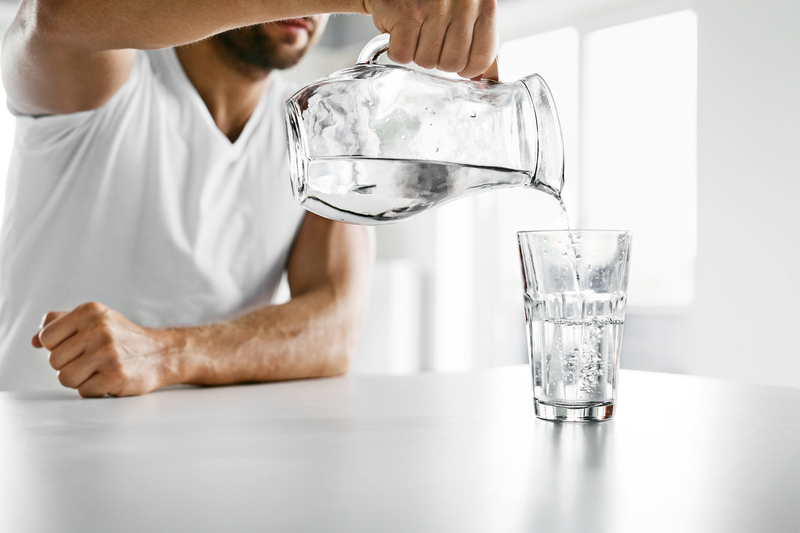A Guide To Preventing And Treating Blood Clots At Home
Stay Well-Hydrated

For those going on a long flight, planning for surgery, or other actions that put them at risk for blood clotting, drinking plenty of water can reduce the chance of developing subsequent clots. Proper hydration prevents blood clots in a variety of ways; it increases fluid in blood vessels, diluting the ratio of blood cells and reducing viscosity, lowering the risk of clotting. Also, additional liquid will wash away irritants in the bloodstream that damage endothelium and blood cells. Blood clotting is a natural response to damage, so washing away toxins can significantly lower one's risk. Choose water over juices and sodas, as these high sugar liquids can lead to dehydration.
Avoid Tobacco

Tobacco in all forms can increase the chance of developing a blood clot; this includes cigarettes, cigars, smokeless tobacco, and other sources of nicotine. Even e-cigarettes, nicotine patches, and nicotine gums can increase this risk. Nicotine heightens activity in the cells that contribute to clotting while slowing the movement of biochemicals in the blood that breaks down clots. Because of this, those who ingest nicotine are not just more likely to develop a blood clot; they are also more likely to encounter more significant clots that can be life-threatening. To aid in quitting tobacco, there are many medications available that can reduce cravings and increase chances of success, ultimately lowering one's risk of blood clots.
